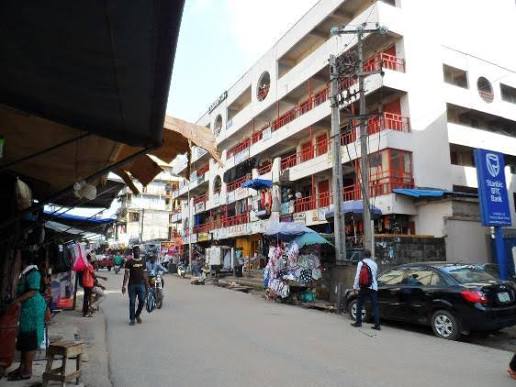Nigeria’s capital importation experienced a notable decline in the second quarter of 2024, falling by 22.85% to $2.60 billion, down from $3.37 billion in the first quarter.
This decrease highlights ongoing challenges in attracting foreign investment amid economic fluctuations.
This decline is detailed in the National Bureau of Statistics Capital Importation report for the second quarter of 2024.
However, compared to the same period last year, Nigeria’s capital importation saw a significant increase of 152.8%, rising from $1.03 billion to the current $2.60 billion.
In terms of capital imports by type, Portfolio Investment led the way with $1.40 billion, accounting for 53.93% of total capital importation.
This was followed by Other Investment, which reached $1.169 billion, representing 44.92% of the total.
A significant portion of the foreign capital inflow into other investment categories was driven by loans and other claims.
During this period, loans accounted for $1.15 billion, representing 98.6% of other investments in foreign capital imports.
On the other hand, other claims as foreign capital received just $16 million during the quarter.
However, there was a quarter-on-quarter decline in capital imports into bonds and money market instruments in the period. Foreign capital inflow into bonds declined by 57.75% while that of money market instruments dropped by 32.92% when compared to the first quarter of 2024.
Foreign Direct Investment (FDI) represented the lowest type of capital import in Q2 2024, contributing just $29.83 million, or 1.15%. FDIs have struggled in recent quarters, largely due to rising Monetary Policy Rates (MPR) that have diverted funds from the real sector to money market instruments.
In terms of capital importation by sector, the banking sector led with $1.12 billion, accounting for 43.15% of total capital inflows.










